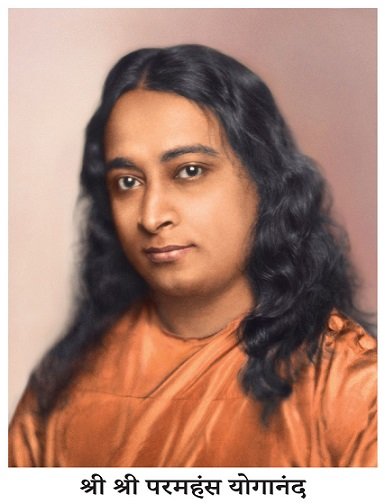
Last Updated on July 9, 2025 12:58 pm by BIZNAMA NEWS
By S. N. Verma
Guru Purnima is a spiritually significant occasion celebrated with deep devotion and gratitude towards the Guru — the one who leads us from darkness to light. It is a day for disciples to honour their Guru, not merely as a teacher, but as a divine guide who helps them attain self-realization. The Guru may or may not be in a physical form, but their presence and influence transcend the material world.
The term Guru is derived from Sanskrit, where “Gu” signifies darkness and “Ru” means remover. Thus, a Guru is one who dispels the darkness of ignorance and leads the seeker towards enlightenment. The Guru walks with the disciple from lifetime to lifetime, guiding them through the illusions of the world (Maya) until they are established in their true self — in God.
Importantly, it is not the seeker who finds the Guru; rather, when the thirst for truth becomes intense, the Guru arrives — divinely appointed, fully realized, and empowered by God to uplift the souls longing for liberation. Such a Guru is considered the voice of the silent Divine, sent to guide humanity through the inner journey of awakening.
Paramhansa Yogananda stands as a shining example of such a true Guru. Belonging to a divine lineage, he dedicated his life to spreading the science of Kriya Yoga, a powerful spiritual practice aimed at accelerating self-realization. His spiritual lineage includes towering figures like Mahavatar Babaji, Lahiri Mahasaya, and Swami Sri Yukteswar — each of whom played a pivotal role in preserving and sharing this sacred path.
According to Indian saints, true Gurus incarnate on Earth solely to rescue souls caught in the cycle of birth and death. They do not belong to any particular caste, creed, or nation — their mission is universal. In their presence, distinctions dissolve. The Guru is believed to be God in human form, acting through divine will. A disciple’s full surrender and unwavering faith enable this spiritual alchemy to take place. When a seeker unites with the Guru in mind and heart, the Guru takes responsibility for the disciple’s spiritual journey and karmic burdens.
In Autobiography of a Yogi, Yogananda records that Mahavatar Babaji told Lahiri Mahasaya of his vision of countless souls in the West crying out for spiritual awakening. He saw many who were ready for sainthood but lacked guidance. In response, Babaji revived Kriya Yoga and began preparing a line of teachers to spread this sacred science — ultimately commissioning Yogananda to take it to the world. Under the tutelage of Sri Yukteswar, Yogananda fulfilled this mission and became a global ambassador of Indian spirituality.
Through institutions like the Yogoda Satsanga Society in India and the Self-Realization Fellowship in America, Yogananda established centers for teaching Raja Yoga and training aspirants on the spiritual path. His writings, commentaries, and teachings continue to transform lives across continents.
On Guru Purnima, we pause to reflect on such divine Gurus — to offer heartfelt devotion, remembrance, and gratitude for their guidance, blessings, and unconditional love.






